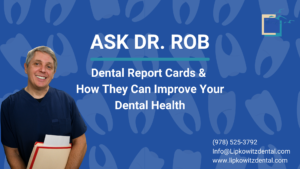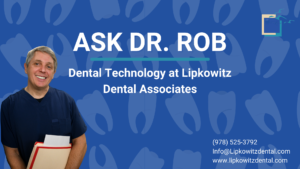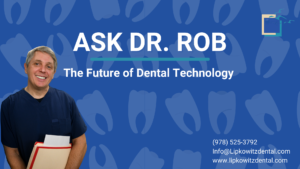There is nothing like a great smile. It’s an accessory that you can wear every day to positively impact others. It’s amazing how a smile can not only change how you feel, but it can also brighten up someone else’s day. This is just one of the many reasons why dentists are so important; they can help to keep your smile bright and restore your smile when you experience problems with your teeth.
Working as a dentist is a great way to help patients maintain the best possible oral hygiene, and sometimes help restore their confidence. Let’s explore the role of a dentist and what’s required to become a dentist.
General Responsibilities of a Dentist
The primary job of a dentist is to help patients maintain good oral health, which includes taking care of their teeth and gums. But that’s not all. Dentists also support the health of your jaw, salivary glands, neck and other body parts associated with dental care. As you probably know, people visit dentists for many reasons, such as a broken or missing tooth, cavities, and gum pain, among other issues.
A visit to the dentist can include a variety of different services, such as cleaning, x-rays, a root canal, filling a cavity, dental implants and many other procedures. A dentist can also write a prescription for medication associated with the care of your teeth. Dentists can either have a general practice or a specialty, such as orthodontics, oral surgery or pediatric dentistry.
Education Required to Become a Dentist
The designations earned through graduate education and training include Doctor of Dental Surgery (DDS) and Doctor of Dental Medicine (DMD). The same amount of time and preparation is required in programs for both of these credentials. If you enroll in a graduate program to obtain a DDS or DMD, you will likely take a range of courses that prepare you to work with patients experiencing a variety of different dental problems.
You will also be required to take courses that help you understand the human body, such as molecular biology, neuroscience, anatomy, physiology, microbiology, and pathology. Some of the classes that you’ll take that are more specific to dentistry include orthodontics, oral surgery, dental anesthesiology, endodontics, radiology, periodontics, prosthodontics, and pharmacology. You’ll also receive training in pediatric and geriatric dentistry.
In addition to the above-referenced courses, dental school applicants will need to have a high GPA in certain prerequisite courses, such as chemistry, biology, biochemistry, and physics. In addition to high grades in these courses, you’ll need an acceptable score on the Dental Admissions Test. As a student of dentistry, you will be required to complete rotations and a clinical clerkship that will provide you with an opportunity to observe experienced dentists while they provide dental care to actual patients.
If you attend school full-time, there’s a good chance that you can complete your undergraduate degree and a graduate degree in eight years; each degree usually takes four years. However, there is sometimes an opportunity to complete a joint bachelor’s degree and doctoral degree program that takes less time. Here are 8 additional questions to ask your dentist.
Required Licensing and Certification
Once you have completed your education and earned your degrees, you will be required to obtain licenses to practice in your state. While some requirements vary, most states require that you obtain your DDS or DMD credential from a school that’s accredited by the Commission on Dental Accreditation. You will also need to pass both written and clinical exams that are broken up into two different parts. The exam is administered by the Joint Commission on National Dental Examinations (JCNDE). Examination requirements will vary from one state to another.

Join the Lipkowitz Team!
Lipkowitz Dental Associates is seeking a customer service team member to join us in our beautiful Magnolia office! We are a 5-star rated dental practice



